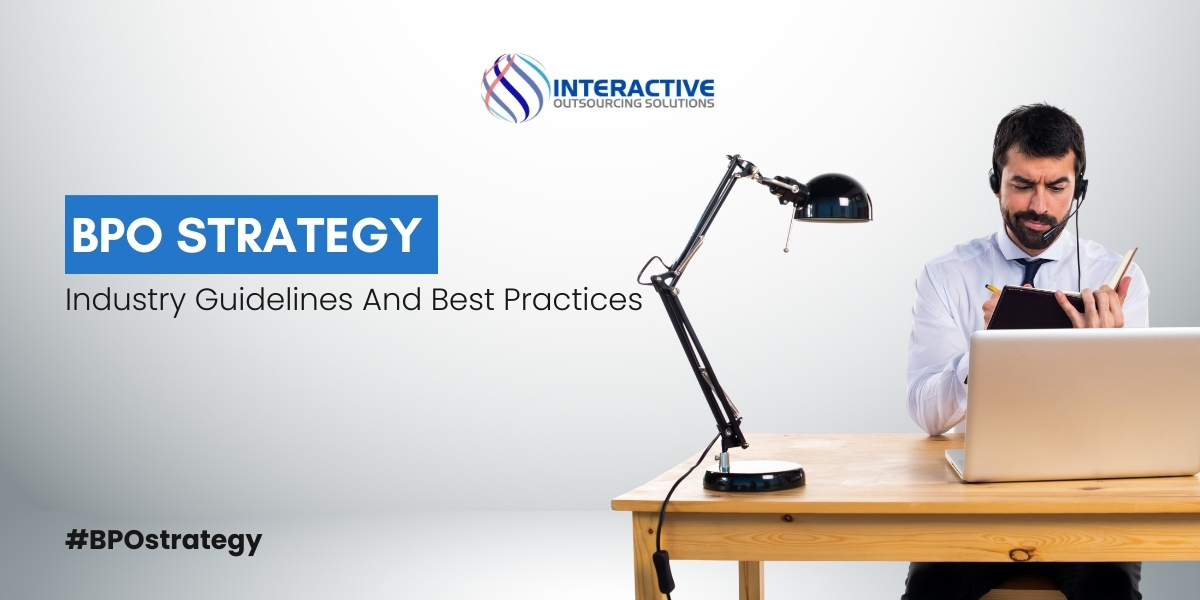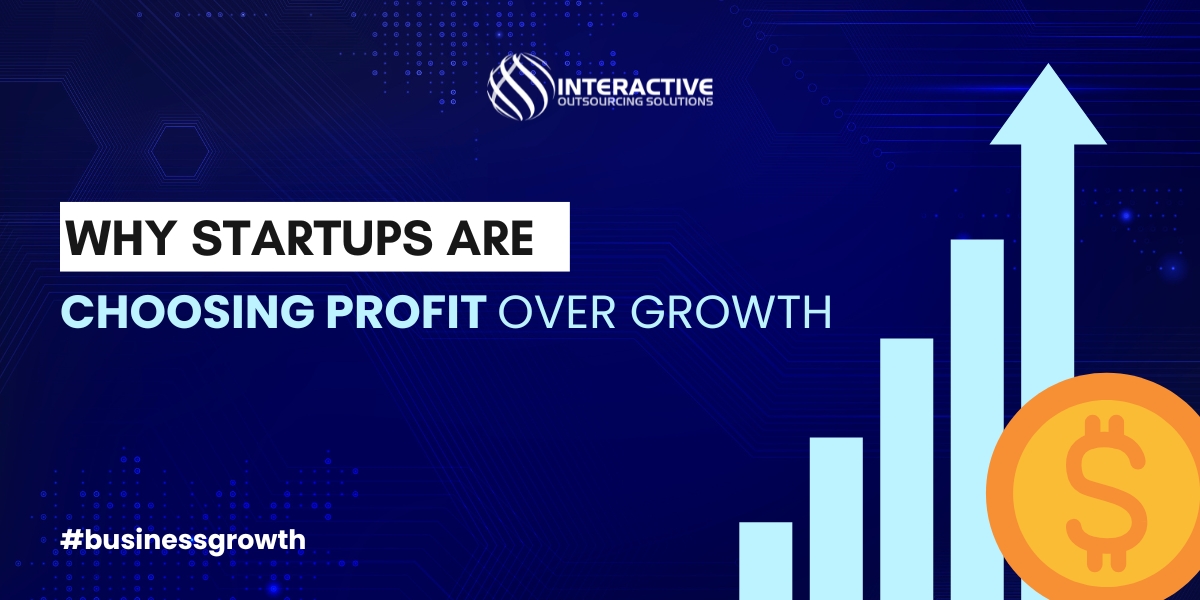Share
In the current competitive business environment, BPO firms are persistently seeking a BPO strategy to expand and maintain a leading position. The ultimate goal of outsourcing is to increase quality. The advent of technology and globalization has contributed to substantial growth within the BPO sector in recent years. To leverage this growth and enhance their success, BPO companies must adopt robust growth based BPO strategy that will facilitate business expansion, boost revenue, and ensure competitiveness in the marketplace.
Types of BPO services
Let’s try and understand what is business process outsourcing before moving on to the industry guidelines. In the realm of Business Process Outsourcing (BPO), a diverse range of services is designed to address the unique needs and demands of different industries and organizations. There are two main categories of BPO services.
Front office business process outsourcing (BPO)
Front Office BPO involves customer-oriented functions that significantly influence how an organization engages with its clients or customers. These functions play a crucial role in establishing and nurturing customer relationships. Front office BPO comprises of
- Customer Support &
- Sales and Marketing
There are several advantages of Front office BPO. The prime factor is cost saving and efficiency. Front office BPO can provide access to specialized skilled personnel. By delegating customer-facing responsibilities to external partners, organizations can concentrate their internal efforts on essential areas such as product development and innovation, potentially resulting in a competitive edge.
Drive revenue growth with Interactive Outsourcing’s Outbound Call Center Services.
Back office business process outsourcing
Back office operations involve a range of essential activities, That is
- Knowledge processing outsourcing.
- Legal processing BPO
- Recruitment processing Outsourcing
- Supply Chain Management BPO
- Accounting and Finance.
Best practices for business process outsourcing
This outsourcing strategy, which transcends geographical limitations, enables smooth cooperation with talented professionals across the globe. Its importance is rooted not just in cost savings but also in fostering a more adaptable and agile business landscape. This article delves into five key principles for effective Business Process Outsourcing (BPO), providing insights from industry specialists. By understanding the core aspects of outsourcing business strategy and implementing these principles, organizations can skillfully maneuver through the complexities of the international market, utilizing strategic alliances to drive sustainable development.
Here is how you can implement a successful BPO strategy with industry-standard guidelines.
1. Strategic evalutation
It is essential to define the precise objectives and aims associated with the implementation of Business Process Outsourcing (BPO). It is important to ascertain which processes or functions are suitable for outsourcing and the rationale behind this decision. A comprehensive evaluation of current business processes should be undertaken to pinpoint areas that may benefit from outsourcing, either for enhancement or cost-saving purposes.
2. BPO partner selection
Identify the key criteria for sourcing BPO vendors. In this BPO strategy, you should take into account aspects such as industry knowledge, reputation, ability to scale, cost efficiency, and location. Develop comprehensive RFPs that clearly define your needs, expectations, and assessment criteria. Distribute these RFPs to prospective BPO business partnership prospects.
3. Operational handoff
To achieve a smooth transition, it is essential to offer training and share insights with the teams of the BPO business partner. Comprehensive documentation of all processes and procedures is crucial. Establishing efficient communication channels will enhance collaboration and enable prompt resolution of any challenges that may arise. It is also important to identify key performance indicators (KPIs) to assess the performance of the BPO provider. Consistent monitoring and evaluation of their performance about these metrics will ensure accountability and continuous improvement.
4. Data security
Establish comprehensive data security protocols between the business and the BPO, this will encompass encryption, access restrictions, and adherence to data protection laws. Outline procedures for managing sensitive information. Execute non-disclosure agreements with the BPO provider to ensure their legal commitment to confidentiality and data protection standards.
5. Quality assurance
Assign a specialized quality assurance team to oversee and guarantee that the BPO provider upholds the promised quality standards. Implement a BPO strategy that is keen on customer feedback. The feedback system helps to facilitate ongoing enhancement based on customer reviews of service. Maintain regular communication with the business process outsourcing management service provider to resolve issues, offer feedback, and implement necessary modifications.
6. Flexible engagements
The requirements of a business are continually evolving, as are the range of outsourced services available. Initiating minor tasks and progressively expanding enables organizations to refine their BPO strategy, following the quality and dependability exhibited by their BPO partners. This adaptability is essential for sustaining efficiency and effectiveness during the course of the partnership. Implementing enhanced outsourcing strategies for continuous performance assessment is crucial. This includes routine reporting, feedback mechanisms, and comparisons with industry benchmarks to pinpoint opportunities for improvement.
7. Transformational leadership
When Business Process Outsourcing (BPO) entails the transfer of responsibilities from internal teams to the BPO provider, it is essential to manage this transition with care. Support and training should be offered to the employees impacted by this change. Additionally, BPO business needs to create a comprehensive communication strategy to update both internal and external stakeholders regarding the implementation of BPO and its advantages.
Conclusion
The business outsourcing process can be tedious, however When seeking a BPO solution it is essential for BPO business to identify the right partner for your needs. In addition to the necessary services and geographical considerations, the ideal partner should possess industry experience and prioritize your interests. Interactive outsourcing solutions exemplify these core values of professionalism and genuine concern, which have contributed to its growth as a global BPO provider with a presence on eight continents since 2015. Throughout its journey, Helpware has garnered numerous awards for service quality. Whether you need onshore or offshore support in areas such as back-office operations, AI services, or start-up assistance, Helpware’s people-first philosophy is dedicated to helping partners achieve their objectives.
If you are looking for a turnkey BPO strategy and solutions for your business let the experts at interactive outsourcing solutions help you with step by step implementation.






